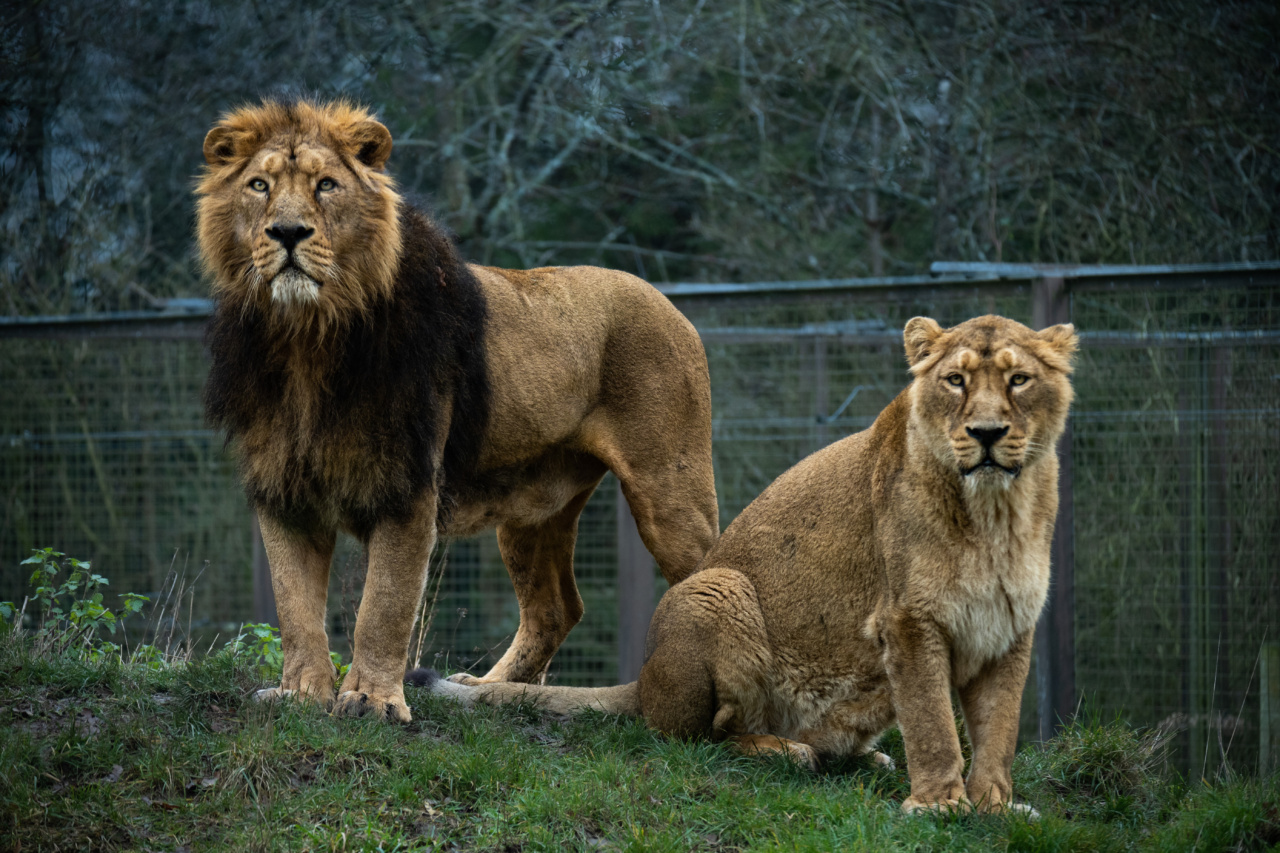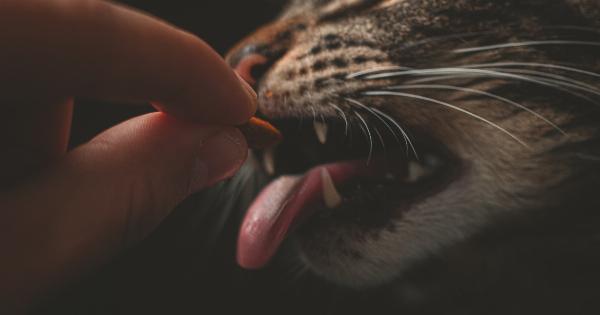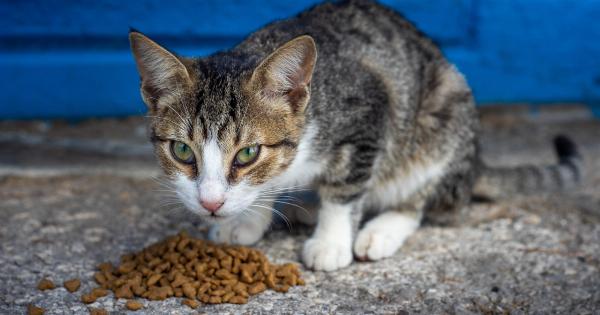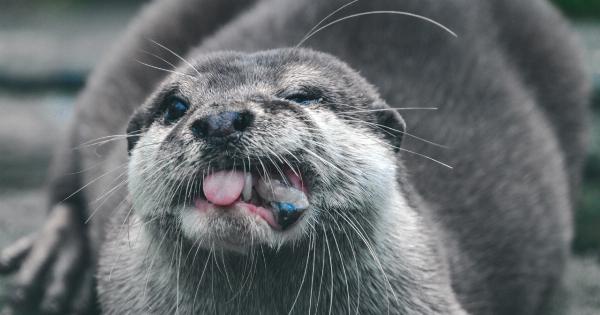Cats are curious creatures by nature, and they’re bound to get into things that they shouldn’t from time to time. Unfortunately, some of the foods that humans commonly eat can be extremely dangerous to our feline friends.
It’s important to keep harmful foods out of your pet’s reach, and to know what to do if they accidentally ingest something they shouldn’t. Here are some of the most dangerous foods for cats that you should be aware of:.
Chocolate
Most people know that chocolate can be toxic to dogs, but it can be dangerous for cats as well. Chocolate contains a substance called theobromine, which is toxic to cats in large enough quantities.
Symptoms of chocolate poisoning in cats include vomiting, diarrhea, tremors, seizures, and elevated heart rate. If you suspect that your cat has eaten chocolate, contact your veterinarian right away.
Caffeine
Caffeine is another substance that is found in many human foods and beverages that can be harmful to cats. Like chocolate, caffeine is a stimulant that can cause heart arrhythmias, seizures, and other serious health problems.
Keep caffeinated beverages and foods, such as coffee, tea, and chocolate, out of your cat’s reach to prevent accidental ingestion.
Xylitol
Xylitol is a sugar substitute that is often used in sugar-free gum and other sugar-free products. Although xylitol is safe for humans, it can be extremely toxic to cats and dogs.
It causes a rapid insulin release, which can lead to hypoglycemia (low blood sugar) within 30 minutes of ingestion. Symptoms of xylitol poisoning in cats include vomiting, lethargy, loss of coordination, and seizures. If you suspect that your cat has ingested xylitol, contact your veterinarian immediately.
Onions and Garlic
Onions and garlic are part of the Allium family of plants, which also includes chives, leeks, and shallots. These foods can cause damage to your cat’s red blood cells, leading to anemia.
Symptoms of onion and garlic toxicity in cats include vomiting, diarrhea, loss of appetite, weakness, and pale gums. Keep these foods out of your cat’s reach and be sure to read the ingredient labels of any cat food that you purchase, as some pet foods may contain small amounts of onion or garlic powder.
Grapes and Raisins
While the exact mechanism behind grape and raisin toxicity in cats is not yet fully understood, it is clear that these foods can cause kidney failure in some cats.
Symptoms of grape and raisin toxicity in cats include vomiting, diarrhea, lethargy, and decreased urine output. If your cat has ingested grapes or raisins, contact your veterinarian right away.
Alcohol
Alcohol is extremely toxic to cats and can cause serious health problems, including vomiting, diarrhea, difficulty breathing, seizures, and even coma.
Keep all alcoholic beverages and foods containing alcohol out of your cat’s reach to prevent accidental ingestion.
Dairy Products
While cats often enjoy the taste of dairy products, such as milk and cheese, many cats are lactose intolerant and cannot tolerate these foods.
Eating dairy products can cause gastrointestinal upset, including vomiting and diarrhea, in cats that are lactose intolerant. Stick to cat-specific treats and foods instead.
Fatty Foods
Fatty foods, such as bacon, sausage, and fried foods, can cause upset stomach and even pancreatitis in cats. Symptoms of pancreatitis include vomiting, diarrhea, loss of appetite, and lethargy.
If you want to treat your cat, stick to healthy cat-specific treats or foods instead.
Raw Meat and Eggs
Feeding your cat a diet that includes raw meat and eggs can put them at risk for food poisoning from bacteria like Salmonella or E. coli. Symptoms of food poisoning in cats include vomiting, diarrhea, and lethargy.
Keep your cat on a well-balanced commercial cat food diet instead.
Avocado
Avocado contains a substance called persin, which can be toxic to cats in large enough quantities.
While small amounts of avocado are not likely to cause serious health problems, keep your cat away from any ripe avocados and be sure to dispose of avocado pits and skins properly.
Conclusion
Cats are known for their curious nature, but it’s important to keep them safe from the harmful foods that we as humans consume on a regular basis.
By keeping dangerous foods out of your pet’s reach and knowing what to do in case of accidental ingestion, you can help keep your cat healthy and happy.


























